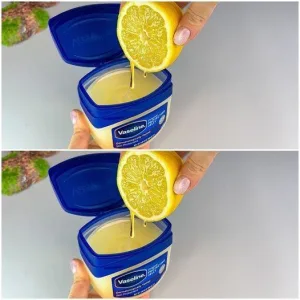A federal judge has decided to move ahead with a lawsuit against McCormick & Co., the popular spice maker, despite the company’s objections. The lawsuit, brought by Watkins Inc., a smaller player in the spice industry, alleges that McCormick reduced the amount of pepper in its tins by 25% while keeping the tin size unchanged.
In the past, McCormick’s tins held about 8 ounces of ground pepper, but they now contain approximately 6 ounces. Watkins claims that McCormick is using a visual trick to make it seem like they are selling more pepper per tin without actually increasing the amount – a practice known as “slack-filling.”
Watkins and McCormick offer the same product, but their marketing approaches differ. McCormick’s non-transparent containers hide the product’s quantity, while Watkins uses smaller-sized containers for the same amount of pepper. Watkins argues that McCormick’s tactics deceive customers and provide them an unfair advantage in the market.
McCormick defends itself by stating that the product’s quantity is clearly marked on the tin, absolving them of deceptive marketing claims. Nonetheless, Watkins and dissatisfied customers have pursued legal action. A class-action lawsuit has been filed against McCormick by customers who feel they were misled into purchasing the new pepper tins. Both cases are currently progressing through the federal court system.
This incident emphasizes the importance of corporate trustworthiness. Companies that establish a reliable brand and positive community relations tend to experience greater success. McCormick’s actions in this case have damaged its reputation, highlighting the challenge consumers face in trusting products. As consumers, being aware of these distinctions before heading to the grocery store becomes crucial.





